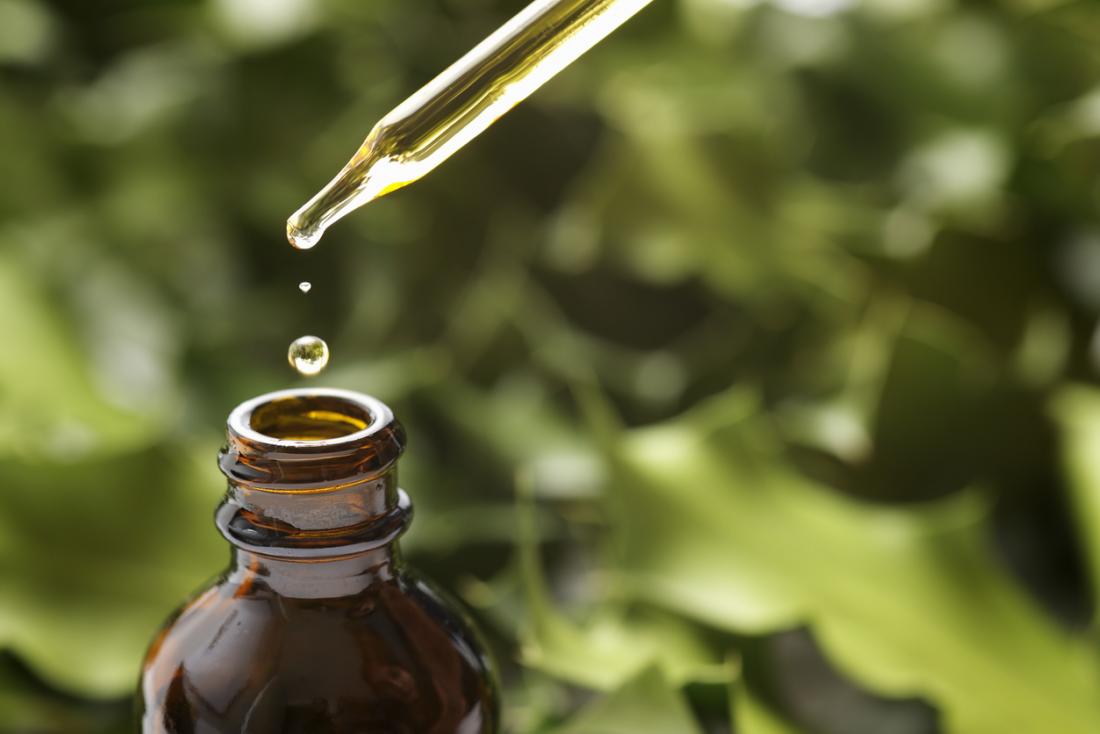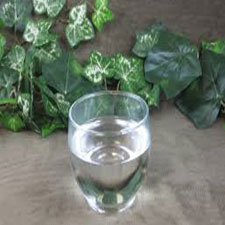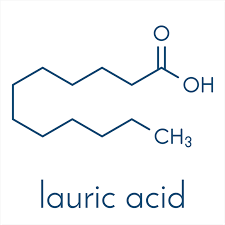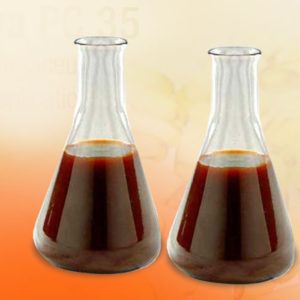Description
Organic Vitamin E (Tocopherol)
Vitamin E (Tocopherol) is light yellow oil, a fat-soluble vitamin that is actually a family of compounds, the tocopherols, found in nature.
Source:
Vitamin E, as its various tocopherol forms, is found in plants. The best sources of vitamin E are vegetables and seed or nut oils. It was first isolated from wheat germ oil, which is still a commonly used, rich source of Vitamin E. The oil component of all grains, seeds, and nuts contain tocopherol.
Functions:
The primary function of vitamin E is as an antioxidant, which is very important. In our present-day society with widespread pollution, processed food diets, and chemical exposure. Vitamin E is protective because it helps reduce oxidation of lipid membranes and the unsaturated fatty acids and prevents the breakdown of other nutrients by oxygen. A number of experiments have shown that the antioxidant nutrients such as vitamin E can protect the tissues from oxidation and free radicals.
More specifically, vitamin E as an antioxidant helps to stabilize cell membranes and protect the tissues of the skin, eyes, liver, which are more sensitive to oxidation. It protects the lungs from oxidative damage from environmental substances. And vitamin E helps maintain the biological activity of vitamin A, another very important oil-soluble vitamin. Vitamin E protects the unsaturated fatty acids in the body and prevents the oxidation of some hormones
Uses:
Vitamin E is widely used as an inexpensive antioxidant in cosmetics and foods. Vitamin E containing products are commonly used in the belief that vitamin E is good for the skin; many cosmetics include it, often labeled as tocopherol acetate, tocopheryl linoleate or tocopheryl nicotinate.
Vitamin E is often claimed by manufacturers of skin creams and lotions to play a role in encouraging skin healing and reducing scarring after injuries such as burns






Reviews
There are no reviews yet.